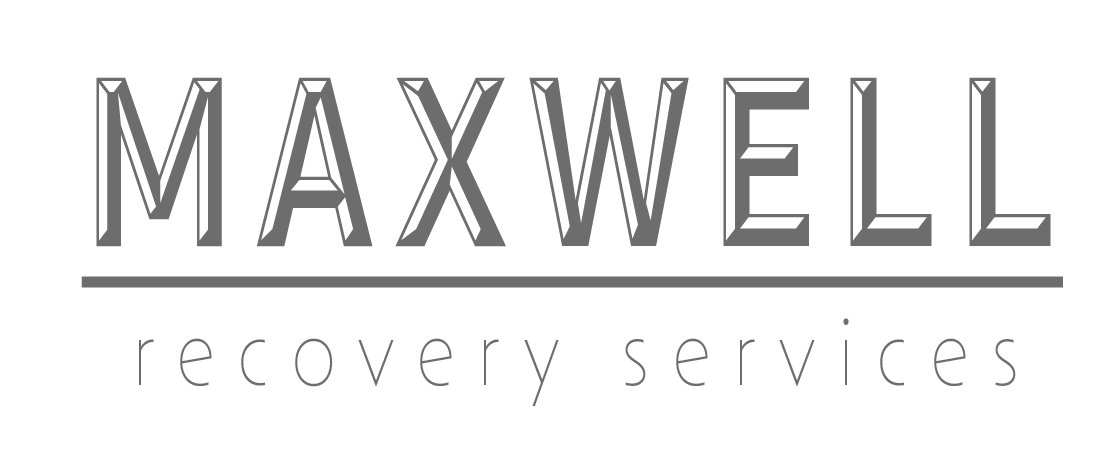
High-Intensity Case Management
What is High-Intensity Case Management?
-
My individual recovery coaching process involves regular communication with the individual throughout the week, guidance, goal setting, life skills acquisition, identification of relapse triggers and prevention strategies, accountability, and positive affirmation. I help to guide and encourage the individual to develop the necessary to succeed and thrive in their life. Recovery coaching is a helpful supplemental support to a clinical team/therapist, as it provides a different perspective, style, and cadence. I have developed a general “curriculum” over my years in the field, but also tailor my approach to each individual situation. Coaching is forward-facing and strength-based, however, I do rely upon my clinical experience and training to inform my case conceptualization, motivational interviewing, and active listening skills.
-
Families are often severely impacted by their loved one’s addiction and can find themselves challenged by relational patterns that developed over the course of several years. My goal in family recovery coaching is to support the family in developing their own recovery resources, personal coping skills, healthy boundaries, and vision for the future. Family recovery coaching involves regular contact with involved family members throughout the week, regular family meetings, referrals to other professionals if needed, and crisis coaching.
-
Case management can be appropriate for those not in a treatment setting and can be particularly helpful as an early intervention strategy. If an individual is in need of treatment, I can provide trusted recommendations and referrals for appropriate treatment programs, ensuring the best fit and placing the individual in safe and appropriate places. This is much easier, and much safer than families and individuals simply searching the internet for programs. There are other situations in which a person is struggling to maintain their recovery in their home environment, and requires a higher level of care in order to receive the structure and safety that they need. Having an individual who is knowledgeable of the individual’s background, current struggles, learning style, and family system can be essential in creating recommendations for treatment that will be the most effective and appropriate for the specific situation.*
-
There are often many different professionals and loved ones involved in an individual’s treatment effort. For instance, an individual may have a therapist, a psychiatrist, a substance use counselor, a probation officer, a lawyer, a medical doctor, a personal trainer, and several family members and friends. These parties may not all communicate with each other, and information can easily fall through the cracks or be used to triangulate and sabotage the treatment effort. My role is to communicate with the different parties in the individual’s support network and provide a level of continuity and open communication amongst the entire treatment team. Having a qualified professional connecting the team can create a unified front, therein supporting a consistent recovery message.
-
My job is to provide advocacy for the individual and support them in having a voice and pursuing their short- and long-term recovery goals. Advocacy can come in many forms, whether it is talking with the probation department, the client’s family, or the treatment program. I work to help the individual meet their goals, navigate the challenges of their family system, and receive better and more “hands-on” care in the treatment setting.
-
In addition to the services already mentioned, I also contract a mental health therapist to provide clinical consultation on all my cases, to provide a second opinion to families, and to clinically assess each individuals unique situation. Every persons needs are unique, and creating a multidisciplinary team is essential in ensuring the best possible recommendations and approach for that specific individual.
Who is it for?
-
Prior to requiring a service like residential treatment, individuals are often struggling with their substance use, mental health, life skills, and general functioning. It is generally effective to provide case management services at that time, to link both the individual with services in their home environment, while at the same time developing boundaries and contingencies if the individual should struggle going forward. This strategy generally leads to one of two outcomes. If they succeed with the structure put in place, then no treatment is needed. If they do not, then the individual is more likely to be intrinsically motivated to engage in a treatment program, as they have already unsuccessfully attempted recovery at home. The individual is, therefore, more likely to make full use of an inpatient treatment episode.
-
The first 90 days post-discharge from treatment presents the most risk for relapse. In fact, 80% of relapses occur within this time frame (Qtd. by William L. White, P.h.d.). It is important that the individual leaving treatment receives ongoing accountability, support, coaching, and guidance, and that there is continuity between the inpatient treatment episode and the services needed in the home environment.
-
Relapse can occur following periods of abstinence, and not all relapses require an entirely new treatment episode. In some cases, case management is appropriate to help support the individual and family in navigating such challenges, and to assist in carving a path back to recovery.
-
For a variety of reasons, individuals can sometimes struggle within a treatment environment, and can struggle to receive the full benefits of a treatment program. Having another professional on the team to support them, advocate, and reinforce the information provided by the treatment team, can greatly increase an individual’s engagement in treatment, and can increase the likelihood of positive long-term outcomes.
-
For some individuals and their families, the case complexity and addiction severity is such that case management is immediately desirable as a way of increasing the likelihood of success. Although this can sometimes seem excessive, having a case management professional can be helpful in fully capitalizing on the treatment experience, and is worth considering if an individual has struggled with treatment engagement in the past.
What to expect
Individuals and families receiving case management services should expect to receive a thorough assessment of their individual needs, goals, and background. Following the initial assessment, individuals and families will be expected to meet with me each week to develop, and execute, a recovery plan. All members will be held accountable to that plan through regular communication, education, coaching sessions, and family meetings. In congruence, all parties will be given appropriate recommendations for other professionals, if needed, and will be provided regular progress reports.
I try my very best to meet people where they’re at and to tailor my approach and methods to each individual’s situation. However, I do believe that there are some basic recovery principles that are helpful to all.
I think that it is important to get out of one’s comfort zone. I expect family members to actively participate in their own recovery process. I want everyone to ask questions, to speak regularly, and to walk alongside their loved one on the path to recovery. I expect my clients to be open and honest with their struggles, and to participate in their own life to the best of their current ability.


